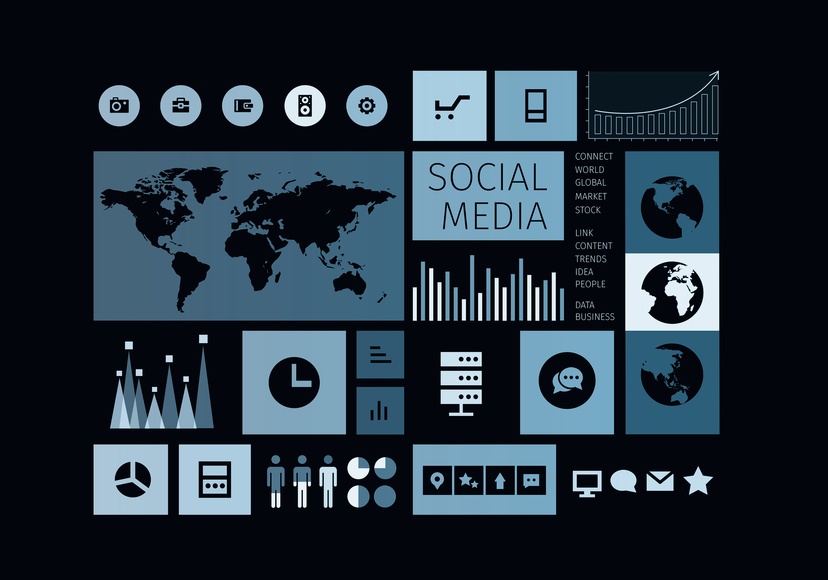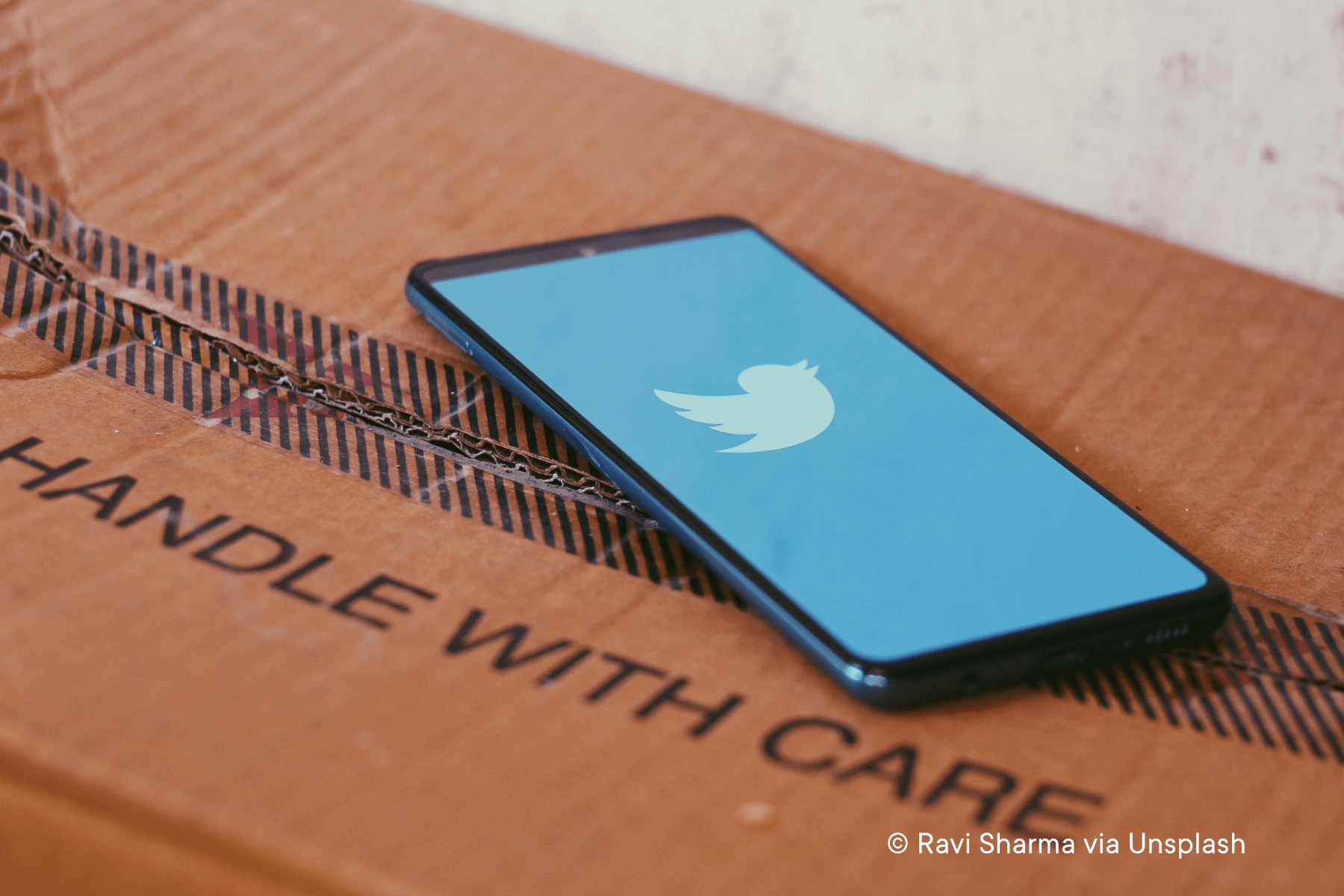Social media monitoring is still only an afterthought for many companies. However, observing social media communication is crucial to the success of your PR campaigns. The following areas of application show you how to take the best advantage of social media monitoring.
- Basic monitoring – The foundation for the development of social media marketing strategies
Before deciding on a course of action on how to handle your marketing efforts across the different social media platforms, you should find out which social media channels are relevant to you and the type of content you can place there. Thanks to the monitoring you will be able to place your content where it is likely to have the most impact and you will know exactly which topics relevant to your market environment are discussed on which platforms. You will receive valuable information on the basis of which you can make strategic decisions in terms of social media communication.
- Early warning system – Immediate detection of negative comments and crisis prevention
Continuous social media monitoring also serves as a reliable early warning system and is an effective tool when it comes to crisis management. It quickly shows surges in the number of negative responses and allows you to take immediate countermeasures to prevent major reputational damage. The monitoring helps you to keep an eye on the entire negative discussion, to assess the reach and relevance as well as to identify crucial arguments and opinion leaders. It’s the only way to guarantee that when a crisis occurs an adequate course of action is set and that the appropriate strategies to cope with the conflict are put into place.
- Competitor monitoring and market analysis – Keeping an eye on the competition
Social media monitoring is also vital to keep a keen eye on the competition and the market environment. You will know where you stand in the market compared to your competitors. As a benefit, you will never lose sight of the strengths and weaknesses of your company and those of your competitors, so that you can adapt your social media strategies accordingly and make strategic decisions.
You can choose among a variety of options for benchmark monitoring:
- Industry ranking of your company and its competitors in terms of social media
- Reach of your industry, company, brand or product in the social web
- Comparison of the performance data of your social media activities with those of your competitors by way of examples of best practice
- Benchmarking with key performance indicators and data to determine company objectives
- Using topic and trend analysis to build a content-focused social media marketing strategy
Target-focused social media monitoring reveals to which extent different positions and arguments on a specific topic have spread in the social web, the tonality used to talk about this issue and where people see your company in relation to the subject at hand. The monitoring provides you with information on trending topics among the respective target groups on social media platforms and enables you to identify potential topics for your content marketing. The trending topics and industry insights derived from monitoring can be used to support your communication strategy. This pivotal knowledge gives you an edge over the competition.
- Influencer identification – The who’s who of people able to influence your company’s image
Opinion leaders, or influencers, usually have a stellar reputation and a large reach among a specific target group or with regard to a particular topic and can therefore act as important multipliers for your business. Influencers are capable of generating attention for your topics and messages and to lend them weight and credibility. To enter into dialogue and to interact with influencers you first have to find out who is active in your areas of expertise and who is a good fit for your company. Social media monitoring allows you to discover which opinion leaders talked about your product or brand, in which context they did this and which social media platform they used.
We recommend that you use our influencer tool for the cross media management of opinion leaders and to detect the influencers best-suited to your topics.
- Reputation analysis – Safeguarding your public image
Image, trust and credibility, product quality and authenticity have a direct impact on one’s reputation: Companies that enjoy a good reputation in the social web are generally perceived as strong brands. This is why safeguarding and boosting one’s reputation are among the most important goals of social media communication. Social media monitoring allows you to determine the standing of your company or brand in the social web. It allows you to capture the mood and opinions of consumers in the social web when it comes to your business. This data is the foundation you can rely on whenever you have to make strategic decisions in terms of communication goals.
- Customer support and service – What do your customers think of you?
Most companies only use their own social media accounts for customer relationship management in the social web. Social media monitoring helps you to keep track of customer queries and problems posted outside of your company’s social media channels. This is vital, because customers will be pleasantly surprised if you respond quickly to questions and complaints that were not directly addressed to your business. Observing social media communication will also tell you a lot about the perception of the quality of your products. Moreover, customers will give you valuable advice on how to optimize and adapt your products to better suit the needs of the respective target group.
- Campaign monitoring – Evaluating the success of your marketing campaign
Social media monitoring provides you with a clear picture of how effective your marketing efforts actually were and is thus an important indicator of the success of the campaign as well as a starting point for possible improvements. In addition to reach and buzz, social media monitoring keeps track of all crucial key performance indicators such as mentions of campaign hashtags, top articles, range of tonality as well as the virality score and share of media. The key performance indicators can be adapted to the individual strategic needs of your marketing campaign.







I thought it was interesting when you talked about how social media monitoring can give a business an edge over their competition. I would imagine that companies could benefit from monitoring news that comes from other sources as well. Businesses could hire services that help them keep track of printed, broadcasted, and online news. http://www.texaspressclipping.com/print